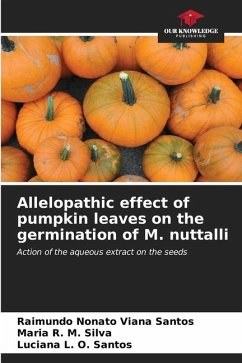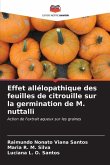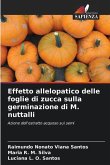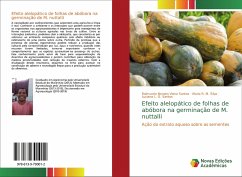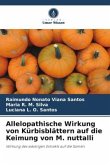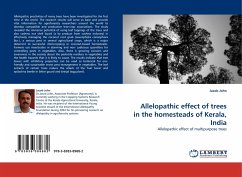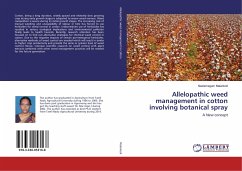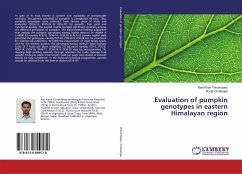The need for knowledge that supports clean agriculture is real. Knowing the environment and the interactions that can occur between organisms in agroecosystems is important if we are to rationally manage agricultural crops in cultivated areas. Among the existing interactions, we can mention allelopathy, which is characterised by adding chemical compounds to the environment that have an inhibitory or stimulating effect on one plant over another. Based on the premise that the presence of spontaneous plants can reduce crop production by competing for light, water and nutrients when these resources are limited, it is important to know the behaviour that species show in the presence of others. This knowledge can serve as a basis for schematising agro-ecosystem designs and can contribute to obtaining higher yields with a reduction in external inputs. By publicising these results, we continue to make progress in building knowledge and clean technologies for sustainable food production.
Bitte wählen Sie Ihr Anliegen aus.
Rechnungen
Retourenschein anfordern
Bestellstatus
Storno

